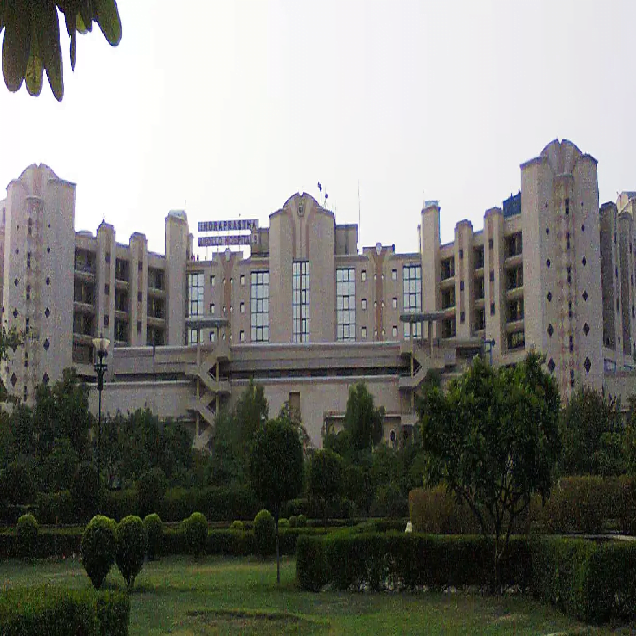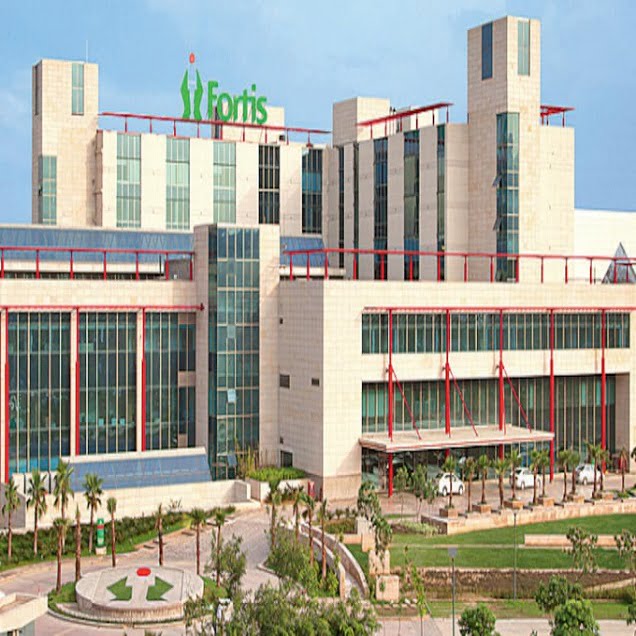How to select the best Kidney Transplant hospitals in India:
Selecting the best kidney transplant hospitals in India is crucial due to its unique circumstances and the growing prominence of robotic-assisted surgeries. India’s healthcare system has advanced significantly, incorporating robotics in surgical procedures. Opting for a hospital with robotic-assisted transplants ensures access to advanced technology, precision, and enhanced outcomes. Patients benefit from world-class medical infrastructure, experienced healthcare professionals, and the latest robotic surgical advancements, increasing the chances of successful kidney transplants.
When choosing KTP hospitals, prioritize these points.
- JCI Certification: Check if the kidney transplant hospitals in India holds Joint Commission International (JCI) certification, ensuring high quality...
Read MoreHow to select the best Kidney Transplant hospitals in India:
Selecting the best kidney transplant hospitals in India is crucial due to its unique circumstances and the growing prominence of robotic-assisted surgeries. India’s healthcare system has advanced significantly, incorporating robotics in surgical procedures. Opting for a hospital with robotic-assisted transplants ensures access to advanced technology, precision, and enhanced outcomes. Patients benefit from world-class medical infrastructure, experienced healthcare professionals, and the latest robotic surgical advancements, increasing the chances of successful kidney transplants.
When choosing KTP hospitals, prioritize these points.
- JCI Certification: Check if the kidney transplant hospitals in India holds Joint Commission International (JCI) certification, ensuring high quality and patient care standards.
- Interdisciplinary Approach: Look for a kidney transplant hospital that adopts a multidisciplinary approach. Ensure that departments like the blood bank and DSA (Digital Subtraction Angiography) lab are proficient in managing potential complications related to the transplant procedure.
- Research and Technology: Consider the hospital’s commitment to research and access to advanced technologies, such as robotic-assisted surgeries, which can improve surgical outcomes.
- Surgeon Expertise: Evaluate the expertise and experience of the kidney transplant surgeons associated with the hospital. Look for surgeons with a proven track record in performing successful transplant surgeries.
- Patient Reviews and Success Rates: Read patient reviews and inquire about the hospital’s success rates for kidney transplant procedures. Positive patient experiences and high success rates indicate the hospital’s competence and reliability.
- Infrastructure and Facilities: Assess the hospital’s infrastructure, including state-of-the-art operation theaters, advanced diagnostic facilities, and adequate support services required for comprehensive care.
- Cost-Effectiveness: Consider the cost of kidney transplant procedures at the hospital and evaluate if it aligns with your budget and affordability. On average, the cost ranges from Rs. 7 to 10 lakhs ( 11000 to 14000 USD), including pre-transplant evaluations, surgery, a hospital stay, medication, and follow-up visits. However, consulting with hospitals for accurate cost estimates is essential.
- Ensure minimal waiting time, which can significantly impact treatment outcomes and overall patient experience. Always look for a hospital with no waiting period for international patients.













